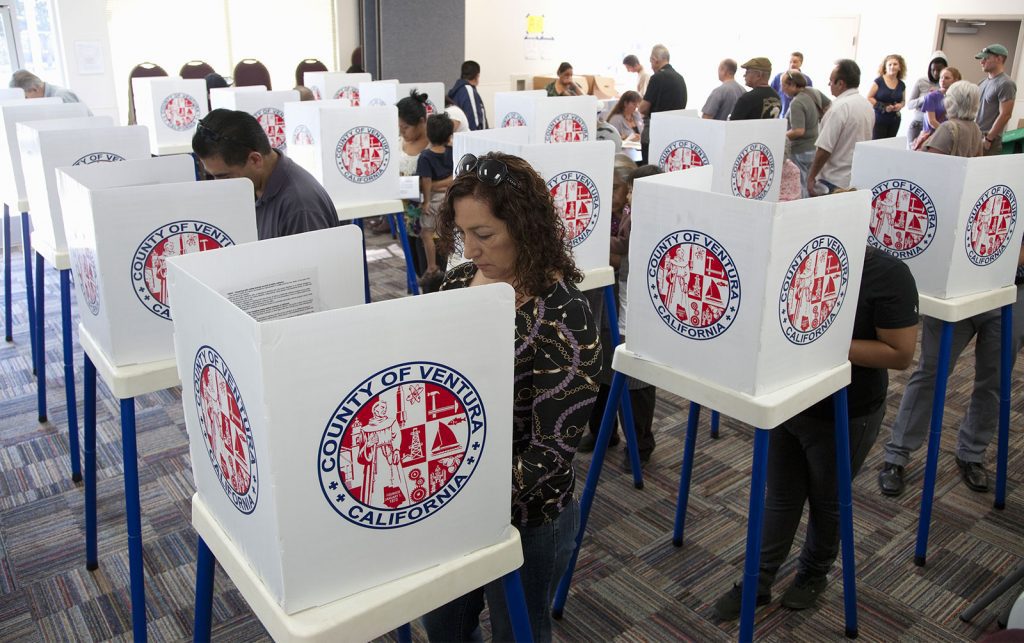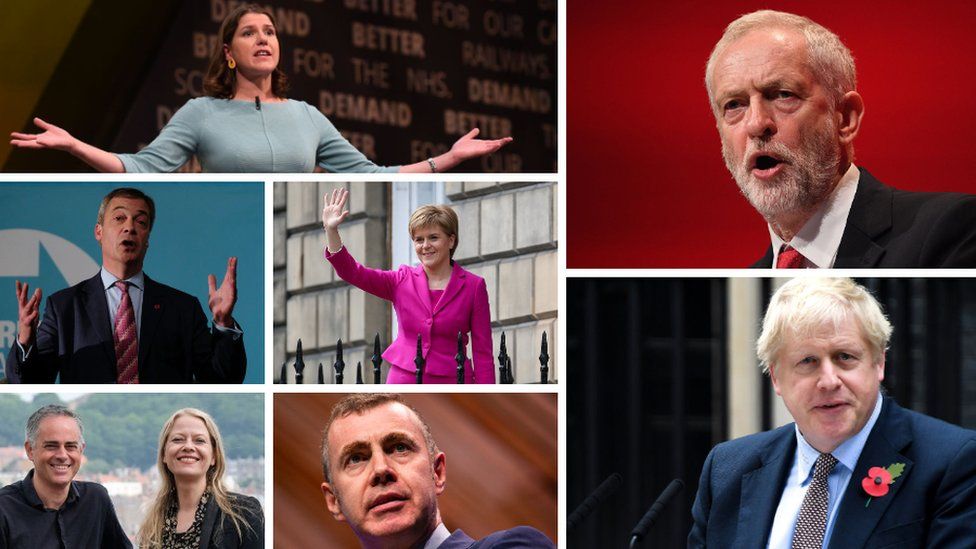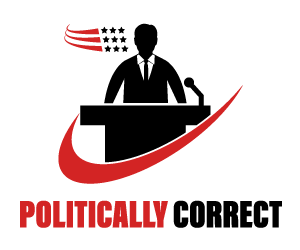Are Political Parties Still Relevant In The 21st Century?
Democracy is a fascinating concept. Many countries today view it as the ideal form of governance. Well, that’s not far from the truth. With democratic institutions, people can choose their leaders. And when those leaders overstay their welcome, democracy also creates an avenue to show them out. Moreover, values like freedom, human rights, and equality thrive better under democracies.


Over the years, political parties have been considered as vehicles of democracy. But are they instrumental to the continuity of democracy in this age? To find out if political parties are still valuable in the 21st century, we must consider what maintains democracy and whether political parties serve those purposes.
Notably, a democracy is sustained by the peaceful transfer of governments. To achieve peaceful transfers, elections, electoral agencies, and contestants for political posts are the most critical stakeholders. Most times, political parties merely exist as popular platforms for contestants. On the flip side, some countries, like the US, have seen individual candidates pull some weights in elections.
Moreover, democracies survive where there is freedom of public opinion and government criticisms. Political parties are not vital to criticizing governments or shaping policies. Fortunately, the press and even ordinary citizens can achieve that through digital media platforms and physical demonstrations.


These days, political parties merely function as godfathers to political officeholders. Or as platforms to gather a large following for career politicians. Worse still, they tend to divide citizens into ideological camps and take away a nation’s unity.
Therefore, since elections will still happen, and democracy will continue if political parties did not exist, we might need to reconsider our political and elections systems.
